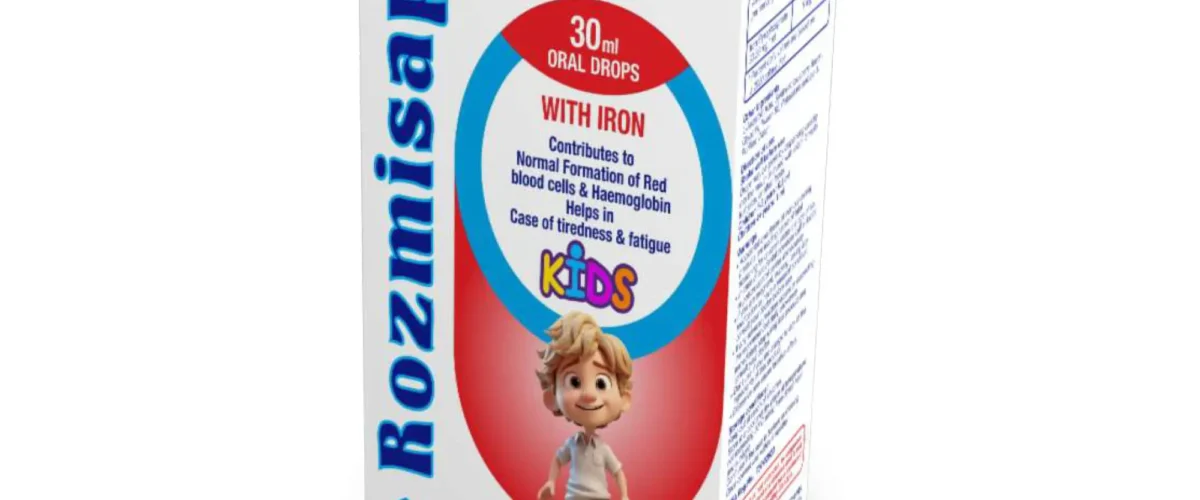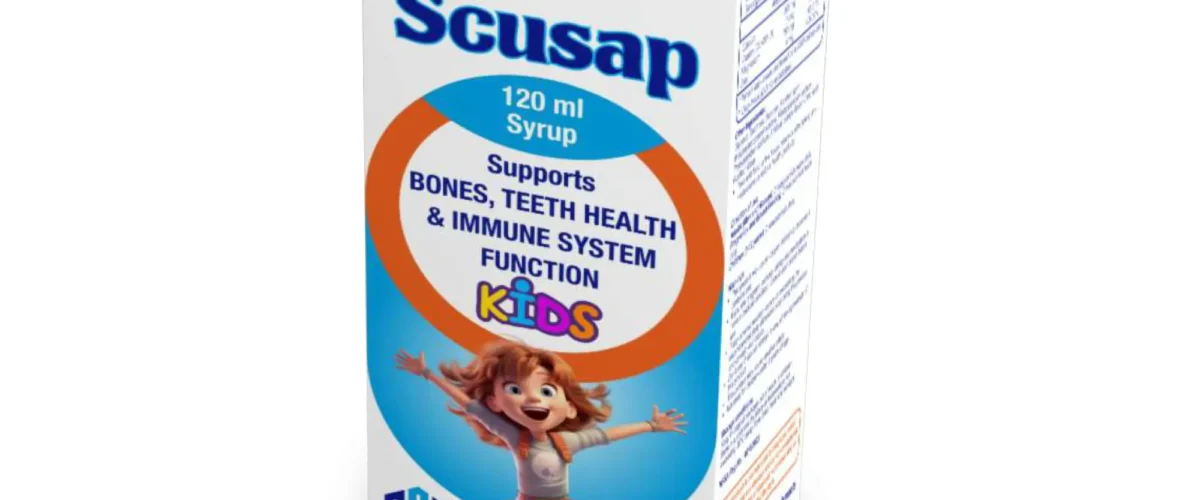
نقص الحديد عند الأطفال: نصائح للوقاية
نقص الحديد عند الأطفال: نصائح للوقاية
Iron deficiency in children can affect development and lead to anemia. Find out how much iron your child needs, the best sources of iron and more.
Why is iron important for children?
Iron helps move oxygen from the lungs to the rest of the body. It also helps muscles store and use oxygen. If the child’s diet lacks iron, he might develop an iron deficiency.
The condition is a common problem in children. It can range from mild to serious. Without treatment, it can affect a child’s growth and development.
How much iron do children need?
Babies are born with iron stored in their bodies. But a steady amount of iron from food or vitamin supplements is needed to fuel a child’s rapid growth and development. Here’s a guide to iron needs at various ages:

Who’s at risk of iron deficiency?
Infants at highest risk of iron deficiency include those who:
- Are born prematurely or have a low birth weight.
- Drink cow’s milk or goat’s milk before age 1.
- Aren’t given other foods that contain iron after age 6 months.
- Drink formula that isn’t fortified with iron.
Children at highest risk of iron deficiency include those who:
- Are ages 1 to 5 and drink more than 24 ounces (710 milliliters) of cow’s milk, goat’s milk or soy milk a day.
- Have certain health conditions, such as chronic infections or restricted diets.
- Have been exposed to lead.
- Don’t eat enough iron-rich foods.
- Are overweight or obese.
What are the symptoms of iron deficiency in children?
Too little iron can make it harder for your child to function well. But most symptoms of low iron in children don’t appear until iron deficiency anemia happens. If your child has risk factors for an iron deficiency, talk to a member of your child’s health care team.
Symptoms of iron deficiency anemia might include:
- Light pink color, also called pallor, to the lips, gums, edge of the eyelids or to the nail beds.
- Tiredness and low energy, also called fatigue.
- Shortness of breath during exercise.
- Cold hands and feet.
- Slowed growth and development.
- Poor appetite.
- Irregular rapid breathing.
- Behavior problems or more short-tempered than usual.
- Frequent infections.
- Unusual cravings for things that contain few or no nutrients, such as ice, dirt, paint or starch.


